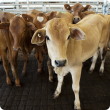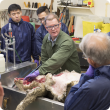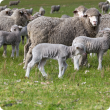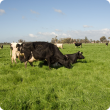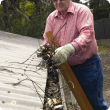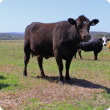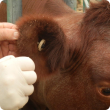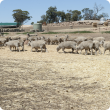Filter by regions:
- (-) Remove Great Southern filter Great Southern
- (-) Remove Peel filter Peel
- South West (232) Apply South West filter
- Mid West (218) Apply Mid West filter
- Perth regions (198) Apply Perth regions filter
- Wheatbelt (193) Apply Wheatbelt filter
- Goldfields-Esperance (182) Apply Goldfields-Esperance filter
- Gascoyne (171) Apply Gascoyne filter
- Kimberley (138) Apply Kimberley filter
- Pilbara (133) Apply Pilbara filter


